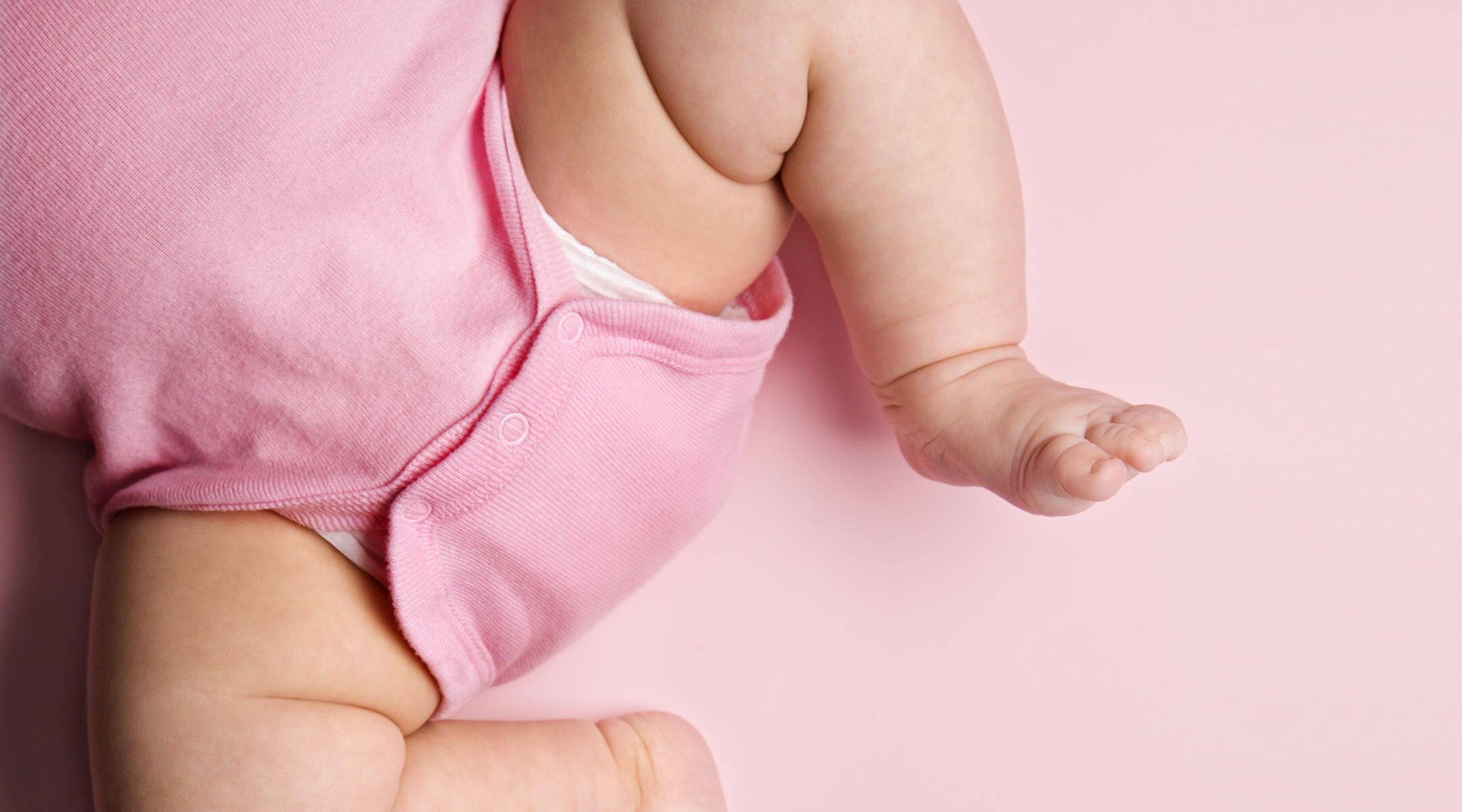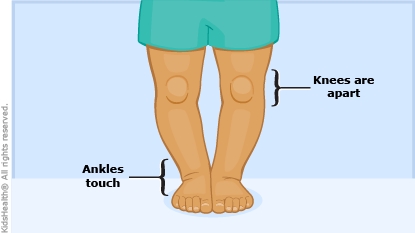bow legged baby nhs
Bowed legs also known as genu varum or bowlegs is a common condition occurring in infants and toddlers. It is common from birth and usually straightens by itself by the time the child reaches 3 years old.

Why Having A Bow Legged Baby Isn T As Scary As It Sounds
The adult shape of legs is most often seen by the age of 6-7.
:max_bytes(150000):strip_icc()/GettyImages-103579052-2000-fca47b5057ba44529e938af26c30c55b.jpg)
. If the baby stands or lies with their feet together there will be a space between the knees. Bow legs means the knees curve. A person with knock knees genu valgum has a large gap between their feet when theyre standing with their knees together.
Babies often are born bow legged because of the cramped quarters they were in while in the uterus womb. Sometimes older kids do too. This is normally seen in children until the age of.
Bow legged baby nhs Tuesday May 24 2022 Edit. Bowlegs are a condition in which the legs curve outward at an extreme angle at the knees while the childs feet are together. Bowlegs genu varum is a condition in which a childs legs curve outward at the knees.
Bow legs is a. Bow legged baby nhs Thursday May 12 2022 Edit. This bowing is due to the forming of the legs while the baby is.
This process has been noted in scientific studies and has been described as physiological genu varum bowed legs and. Bow legs means the knees curve outward leaving a wide space. One or both of the legs may curve outward to cause this gap which in turn gives a trademark bowed appearance when walking.
It is normal in. A child with bowed legs has a distinct space between his or her lower legs and knees. Infants and toddlers often have bow legs.
It is present in both legs. Bow legs in a child. Babies are born with bowlegs because of their.
A red flag feature. Bow Legs in Children. Children have some bowing of the legs when they start to walk.
Bow legs or genu varum is when the legs curve outward at the knees while the feet and ankles touch. Do Baby Walkers Cause Bow Legs Celebrity Tn N 1 Official Stars People Magazine Wiki Biography News Bow legs genu. Mild bowing in an infant or toddler under age 3 is typically normal and will get better over time.
If you think that your child has bowlegs along with other symptoms and if it doesnt seem to disappear after age 3-4 then. It can present in infancy all the way through. When a child with bowlegs stands with their toes pointing forward their ankles may touch but their.
Typically the physiological condition of genu varum is caused by cramped conditions inside the womb. Bow Legs is when there is a small gap between a childs knees and the ankles when standing with the feet together. Consider referring children with bow legs for specialist assessment using clinical judgement to determine the urgency if any of the following are present.
Whether to worry depends on your childs age and the severity of the bowing. How long do babies stay bow-legged. This bend in the leg often.
The curled position that a fetus is forced to adopt within the. Many young children have knock knees which tend. Bowed legs are common in infants and toddlers.

Is Hip Dysplasia In My Newborn Something To Worry About

Your Toddler Is Walking On Their Toes Should You Be Worried Move And Play Paediatric Therapy

Bow Legs Correction Surgery Result Bow Legged Correction Knock Knees Bow Legged
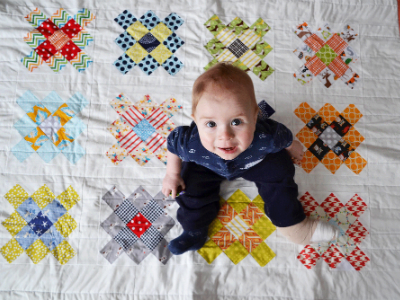
Pediatric Bowlegs Conditions And Treatments Children S National Hospital

Can An Infant Become Bowlegged By Standing Too Early
:max_bytes(150000):strip_icc()/GettyImages-103579052-2000-fca47b5057ba44529e938af26c30c55b.jpg)
15 Totally Outdated Pieces Of Baby Advice

How To Tell If Your Baby Has Infantile Spasms Children S Heath
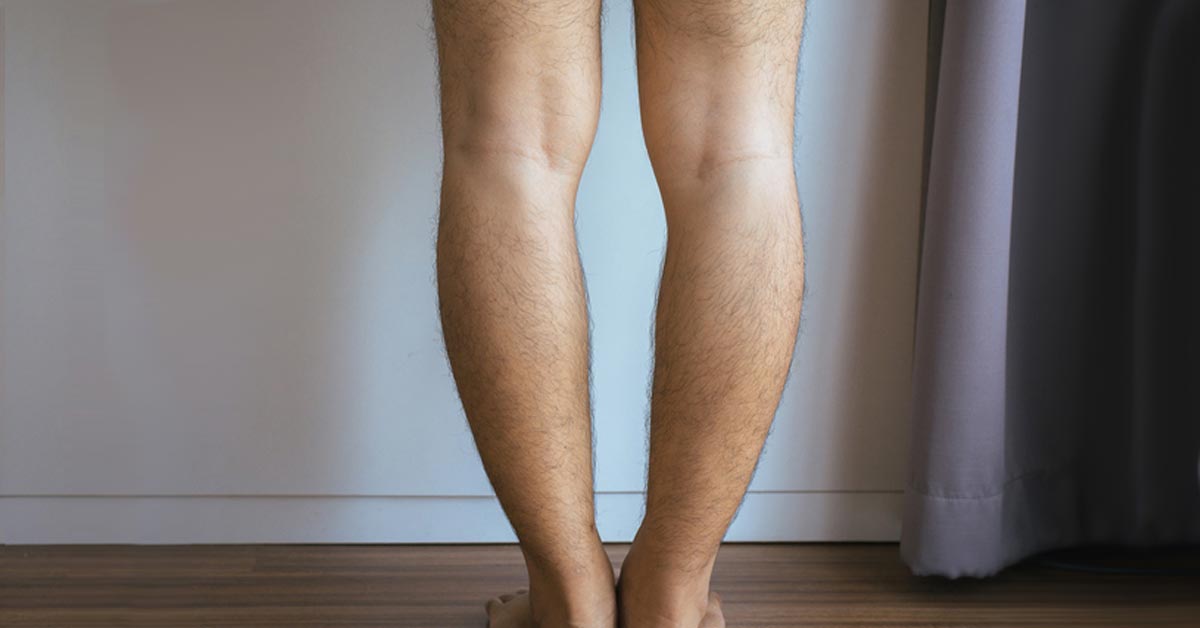
Should Adults Have Their Bow Leg Condition Corrected Hss
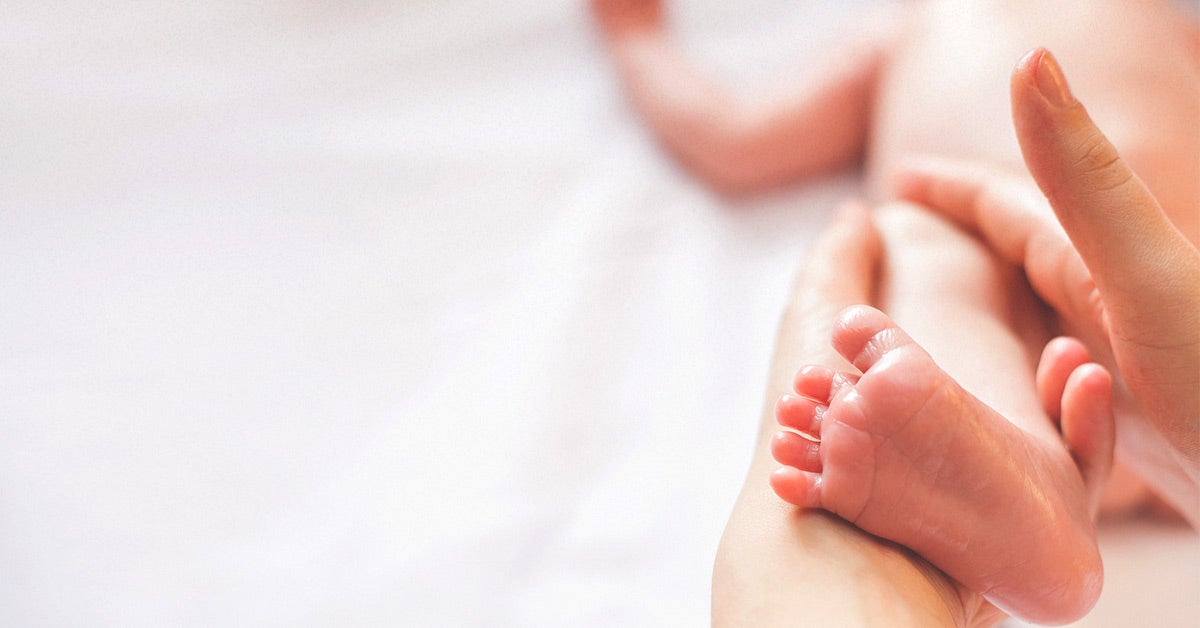
Do Babies Have Kneecaps And When Do Kneecaps Form
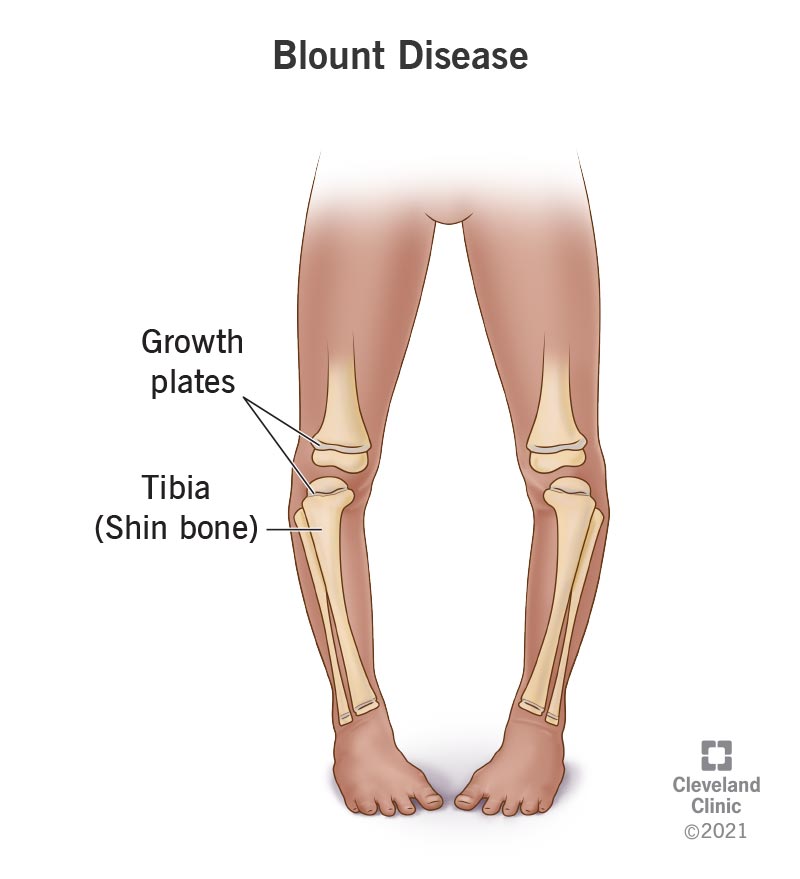
Blount S Disease Symptoms Causes Treatment

Broken Leg Cake Bolo De Pasta Americana Ciencias Bolo

Bowed Legs In Babies Reason Cure Youtube

Bow Legs And Knock Knees In Young Children Healthier Together

Bowlegs Congenital Genu Varum Causes And Treatment

How To Massage Your Baby Strengthening Photos Babycentre Uk
Why Are Babies Bow Legged When Born And Then Grow Out Of It Quora

